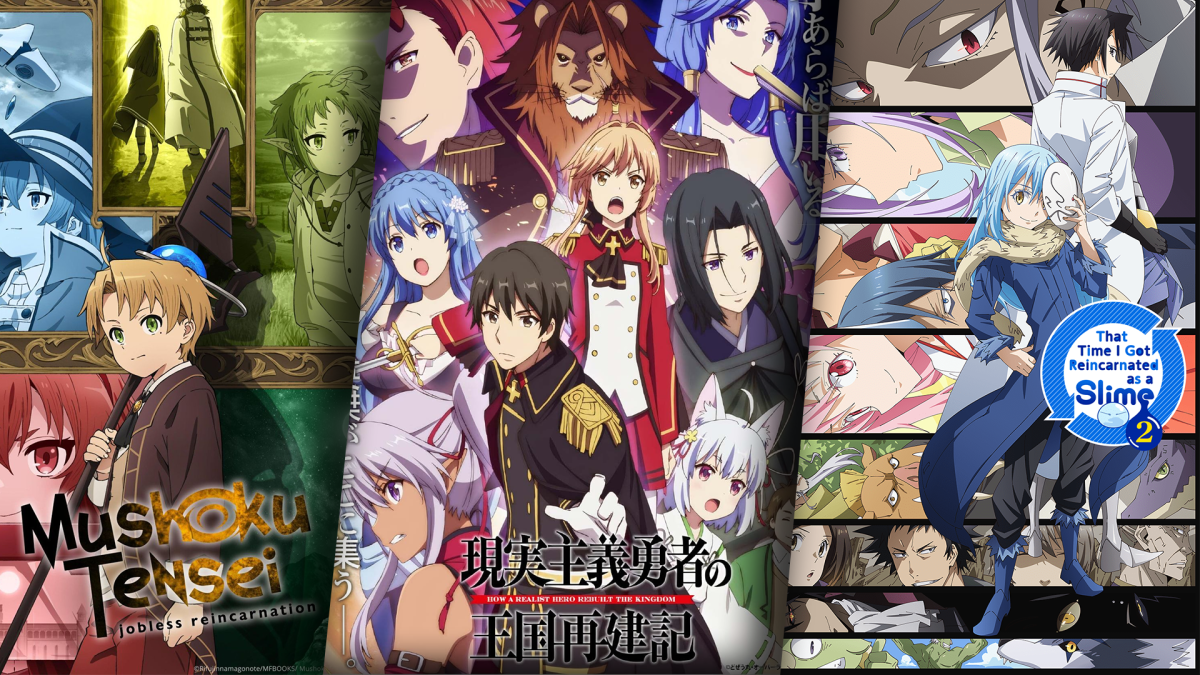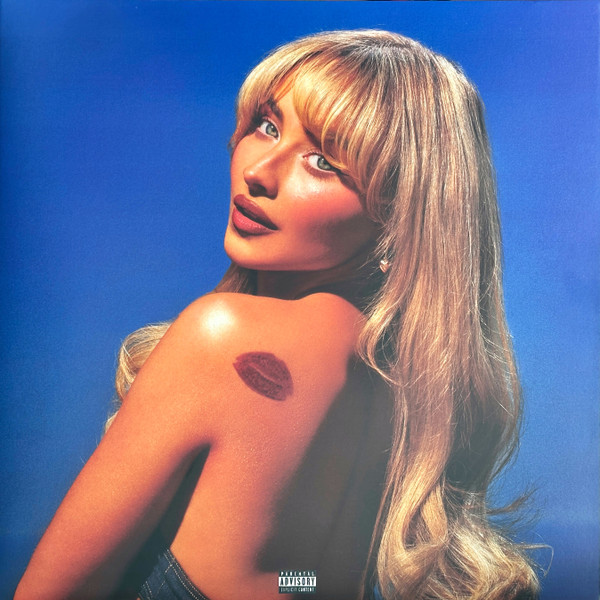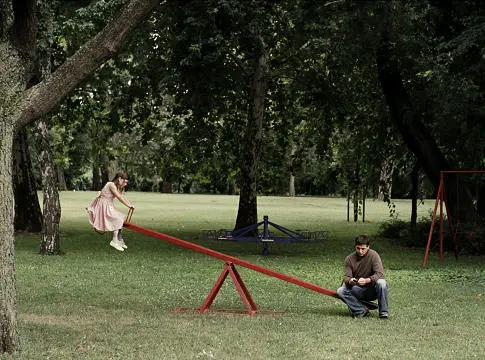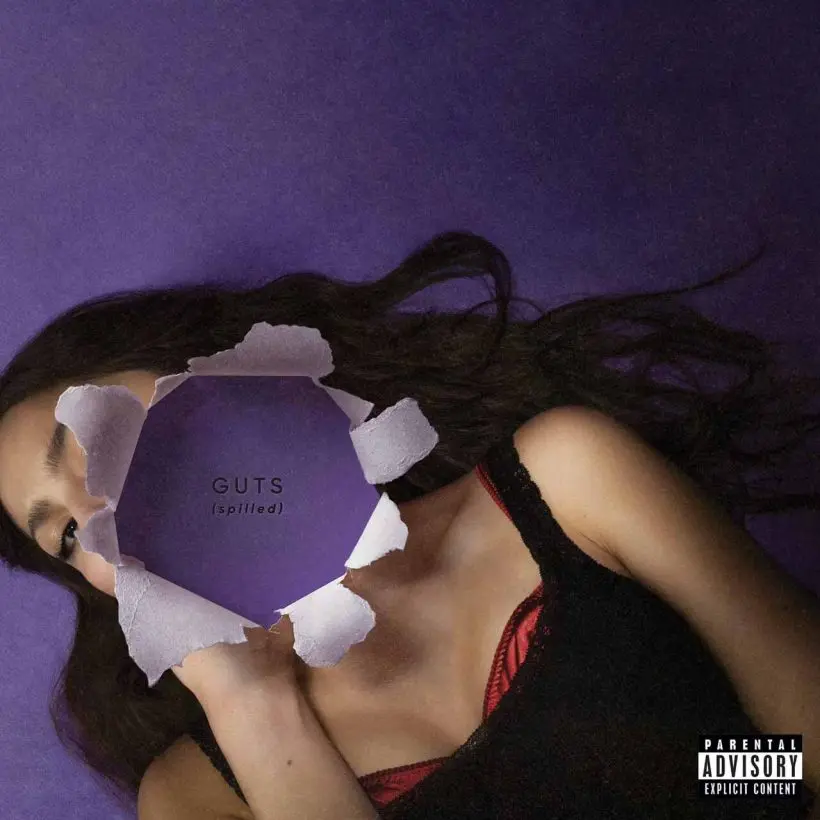Isekai, meaning “other world”, is an absurdly popular subgenre of fantasy in Japanese fiction. At its core, this genre revolves around characters being transported to a different world – usually from the mundane, “real” world to a fantastical one, sometimes out of a video game or novel. Today, there are thousands of East Asian isekai works in the form of light novels, comics, shows, and more.
Though this genre originated fairly recently, the general idea of someone being sent to another world or realm isn’t exactly new. Tons of classic Western books, like Alice in Wonderland, or the Chronicles of Narnia, have this concept of “accidental travel”, where an ordinary person suddenly finds themselves in a not-so-ordinary time or place. In the 2010s, this kind of storyline exploded in popularity in Japanese pop culture, birthing a distinctive take on this plot device, and emerging in the form of anime, light novels, games, and manga. Media successes like Sword Art Online and Mushoku Tensei established precedents for popular plotlines and hallmarks people usually associate with isekai works today.
The core theme and appeal for most of these isekai works is escapism. Especially with the infamously harsh work culture in Japan, it’s no wonder why this genre became so popular- it provides an outlet for the discontentedness many people may feel about their lives. According to the South China Morning Post, “Experts and fans alike say the genre taps into the pent-up frustrations of people who feel undervalued and dissatisfied with modern life.” An anonymous manga editor said in an interview with SoraNews that, “She believes the trope of waking up in a new world with a new body is popular because it “appeal[s] to readers who want to become a different person than they are now and redo their life.”
However, nowadays, the isekai genre in Eastern Asian media often faces criticism for repetitive, boring, and low-effort stories. Isekai anime tends to evoke a particular set of tropes and storylines- our bland, shut-in protagonist hates their monotonous and pathetic life in the real world, gets hit by a truck, and reincarnates into a fantasy world, where they suddenly gain ridiculously overpowered abilities and become the charming hero while amassing a following of cat girls. One might think that there are only so many ways you can assemble the terms “legendary”, “sword”, “hero”, and “demon lord” in a title- you’d be surprised. Fundamentally, since the main purpose of many of these works is to fulfill a specific kind of power fantasy, many simply follow a pre-established formula with little to no innovation or drastically novel ideas. Upon combing through someone’s 35-page paper on isekai manga (I don’t know what’s more terrifying- that someone wrote this or that I spent at least 20 minutes looking through this), Dr. Paul S. Price mentions in A Survey of the Story Elements of Isekai Manga that “This ability to maintain a common formula but vary superficial aspects of the story also leads to the hallmarks of isekai manga that the stories are the same, the characters are stock, and the affects of the story are identical” (Price, 2021).
Anyways, is isekai good? Sorta kinda not really?







